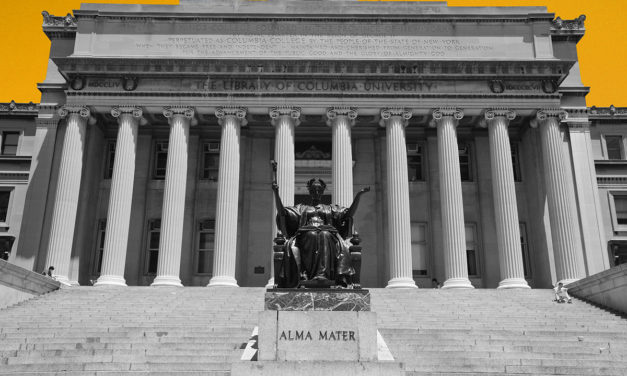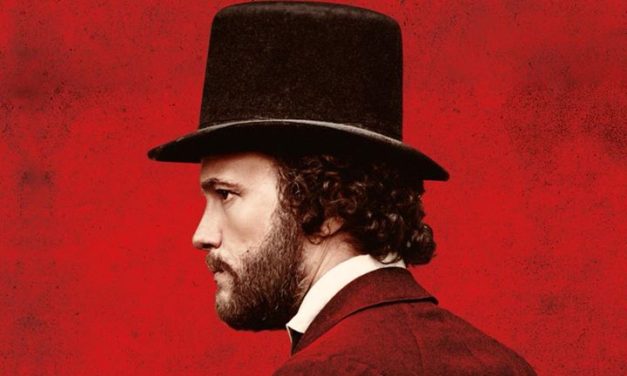John Hay on Bob Dylan: Untangling the Tracks
Mid-1970s Bob Dylan is the best Bob Dylan. Mid-1960s Dylan may be the historically significant Dylan, the canonical Dylan now regularly appearing on college English syllabi, but for me—I was born in 1984—that Dylan requires historicization. It’s not that the songs aren’t good (they’re terrific), but the hype and hysteria are hard to understand. That whole “going electric” thing . . . I guess you had to be there. It strikes this millennial as a little naïve in retrospect—in the same way that John Updike’s elevation of suburban sex as secular miracle now seems misguided. Sixties Dylan was a...
Read More



